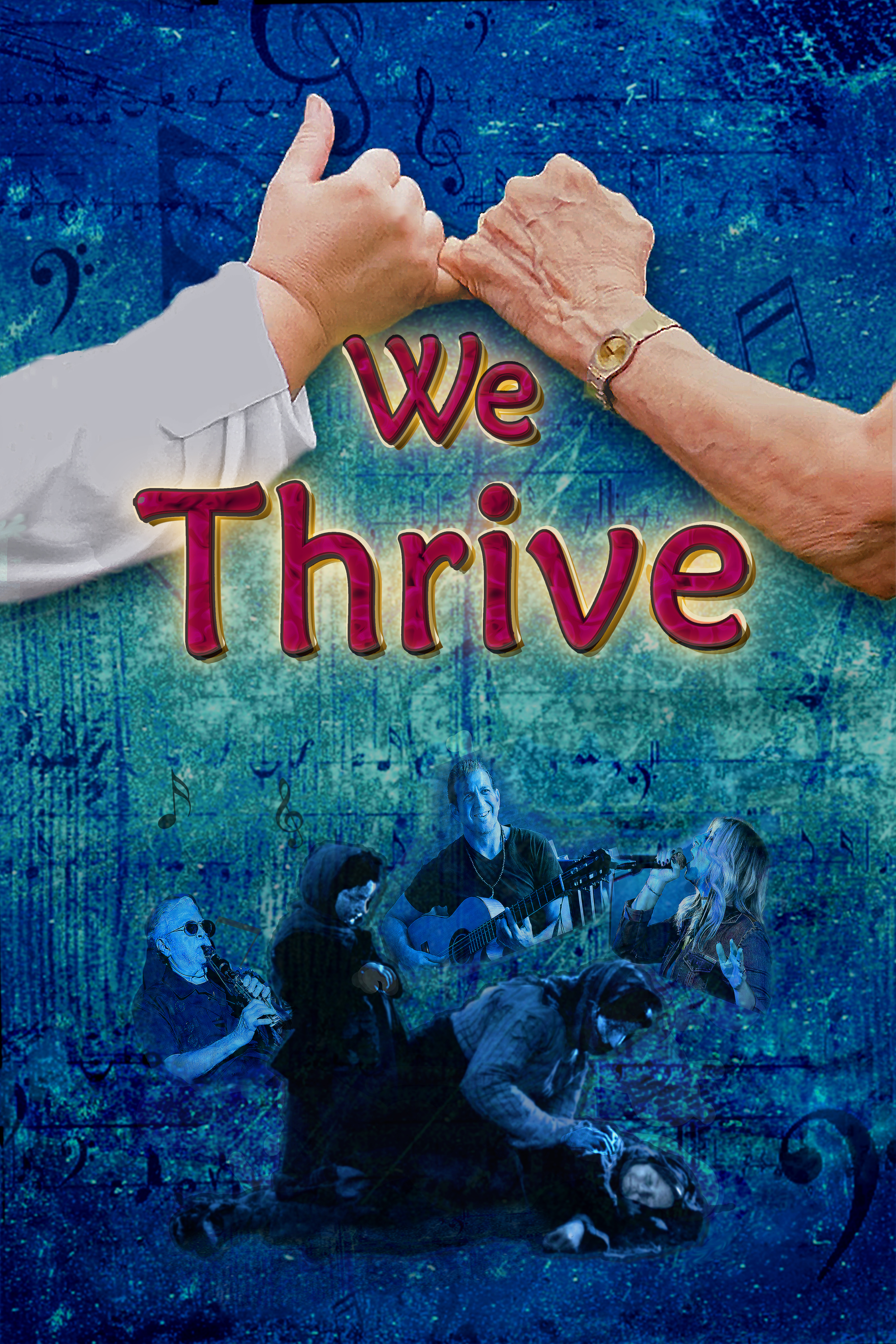
IVWFF 2020 Documentary Short Film Review “The Ghetto Girl”
WATCH THE TRAILER HERE
First, the Recap:
When all that once was fades into a chaotic state of disarray, disharmony, and blatant neglect, how will you rediscover that which you once knew? When you find yourself surrounded by the familiar yet strangely obscured facades of everything that holds meaning, memory, and merit, an identity, a heritage, traditions, and holy significance, which all now feels like a dream? As you walk down the streets of the place you inhabited, lived, breathed, and cherished, but it no longer has that atmosphere of welcoming or even acceptance? Yet through it all, there still remains one aspect that cannot be shaken no matter what troubles have since arrived and resided–this is the place called by one name only–home.
Next, my Mind:
Focusing on the story of a girl and her attempts to salvage, regain, reclaim, and even redeem the place she called and calls home, located in what’s known as “Little Pakistan”, an area within India’s capital city of New Delhi, this 35-minute documentary short film from writer/director/editor Ambarien Alqadar wears its empowering, candid, stirring, awareness-raising social and political aspirations on its sleeve, not with a preachy mentality, but rather with an attitude that dictates we pay attention and take stock when it comes to showcasing the trials endured to varying degrees as a Muslim woman in contemporary India. This critic felt it was meant to be both evocative and provocative, with a full measure of ground level realism, relatability, and actuality that’s so beautifully visualized through the camera’s eye and the narrator’s purposeful voice.
Shown as part of the 2020 I View World Film Festival sponsored by the embassies of India, Canada, Sweden, Netherlands, Italy, Argentina, British Council, and The EU, curated by Engendered Delhi, and in partnership with NYCSAFF, the cascading, unfolding look at real life through the eyes of several Muslim women who reside in the Little Pakistan of New Delhi combines with lessons historical and modern as the primary “character” seeks out an old home movie amidst the newly forming and rather unsettling overall conditions the Muslim community is facing. Morphing into an almost poetic piece of experimental cinema, shot in such a manner so as to embrace the realities presented, it transports us as well into a fantastical world of treasured recollection that pushes the discord away, at least for moments at a time.
Expressions of outrage at the conditions the community experiences, the aforementioned clash between traditionalism and modernity, what it is to be seen as “different”, the need for grander social change, being attached to one’s roots, overt sexism and non-acceptance, believing one is safe yet still not feeling secure, and simply finding one’s place within it all are all expanded on here with both subtle and overt illustrations as seen through the perspectives of the varied women interviewed. This lends itself to awakening our minds via necessary promptings about the need for gender equality in a time when women overall have begun to experience at least some semblance of greater successes in the business and societal arenas around the world. Still, the treatment and lack of acknowledgement within their own community here remains unnerving and disheartening to see still in existence.
But, even despite these factors and elements, the film delivers a wonderful undercurrent of warmth when it comes to the ideas of home as a whole, the appreciation of family, the times past well-remembered and being sought again for comfort and needed assurance, and the desire to be able to proudly and excitedly share with others the place of our parent’s and our childhood, and it provides a solid foundation to the story’s underlying core premise represented by the girl’s search for the coveted home movie. Visually, the film’s use of varied imagery –crowded streets, rickshaw views, empty alleyways, shops, nighttime and daytime, passing faces, and the all-still-fresh snapshots of 09/11 and the subsequent cultural, social, and political upheaval it brought about–lyrically links together all the fluctuating concepts into one cohesive painting of community, affecting and sobering in the realizations about just how forgotten some of this region of the world’s denizens feel.
In total, “The Ghetto Girl” should stand out as the artistically straightforward yet consciousness-raising piece of cinema that it is in that it serves to bring to our thoughts the impactful fact that we should never forget where we came from, always be proud of it, but also never give up efforts to see that which needs to improve and evolve for the better. This then to realize just how much a single voice and the memories they have doesn’t have to get lost in the melee, but rather stand out in declaration that we should BE able to forever treasure, herald, taste, see, smell, hear, and just FEEL the place we’ve always called ours.
As always, this is all for your consideration and comment. Until next time, thank you for reading!



